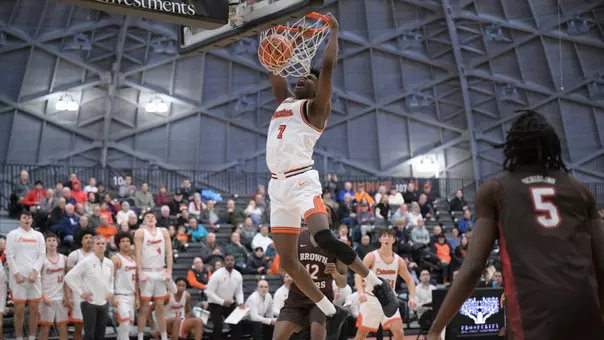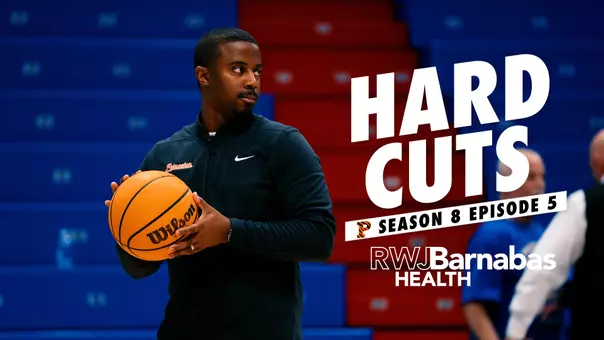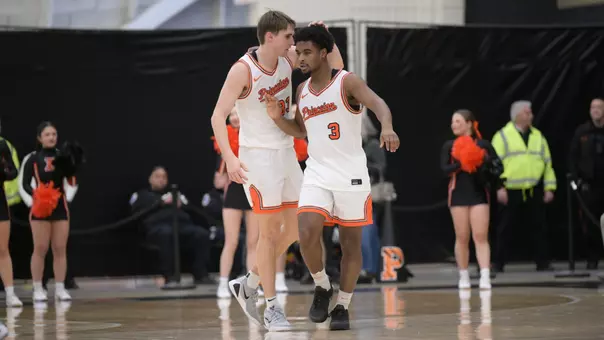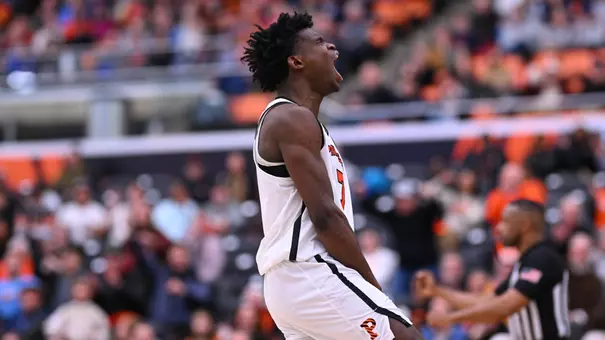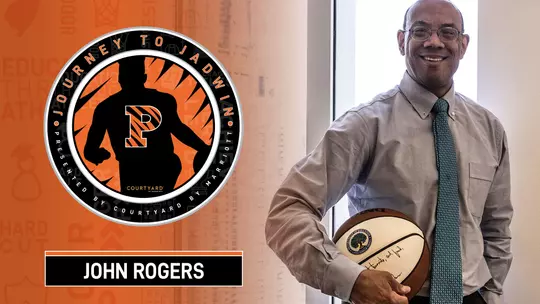
Journey to Jadwin - John Rogers
4/23/2020
Leader. Philanthropist. Pioneer. Ivy League Champion.
Those are just a few of the words that describe John Rogers, captain of the Ivy League co-champion Princeton University men’s basketball team in 1979-80 and founder of Ariel Investments, the largest minority-run mutual fund firm in the United States.
“I had two pioneering parents,” explained Rogers. “My father was one of the original Tuskegee Airmen, he flew over 100 missions during World War II. That’s become a big deal, the first group of African-American fighter pilots that were allowed to fly in the air force. He went overseas, flew over 100 missions and ended up being a captain. My mom was the first African-American woman to graduate from the University of Chicago Law School. She was the first African-American woman to testify in the Supreme Court. She was the first African-American woman to be an Assistant U.S. Attorney in the country.”
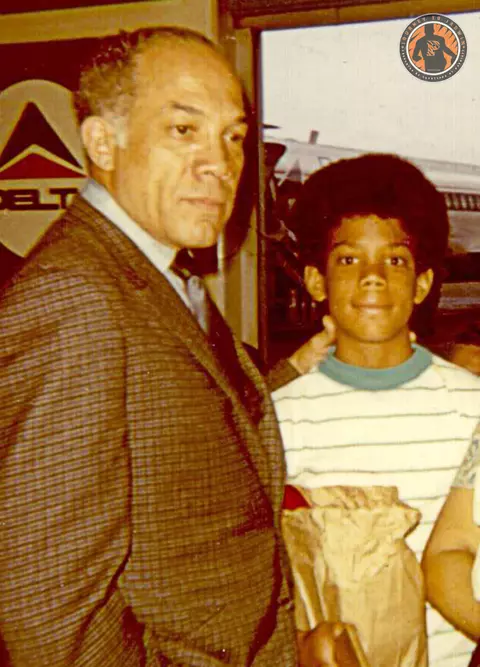
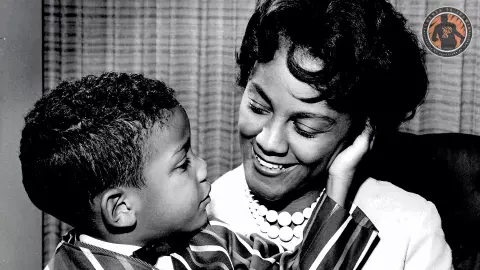
Rogers’ parents would meet at the University of Chicago Law School and settle in Hyde Park, Illinois, a neighborhood on the south side of Chicago.
“Outside of my parents, those early years were heavily influenced by growing up in the Hyde Park community," said Rogers. "It’s an extraordinarily diverse community, both economically, racially and religiously.”
Throughout his youth, Rogers was an all-around athlete and interested in multiple sports.
“I loved baseball and I loved basketball and I loved bowling,” proclaimed Rogers. “Growing up I was in a number of bowling leagues and I used to bowl three times a week up until high school.”
As Rogers became more focused on basketball, he began attending Dick Motta’s Basketball Camp. Motta was the head coach of the Chicago Bulls at the time and became a role model for Rogers.
“The Bulls always overachieved with hard work and defense,” said Rogers. “They had guys like Chet Walker, Norm Van Lier, Jerry Sloan, they were just known for their grit and their effort. They dove for loose balls, took charges, they competed until the end of every game.”
Along with developing his skills, Rogers had the opportunity to rub shoulders with some of his favorite players. Norm Van Lier, a starting guard for the Bulls, was a counsellor. Dick Motta and assistant coach Phil Johnson were at every day and every minute of the camp.
I never would have been able to make the team at Princeton if I didn’t go to Dick Motta’s basketball camp because it taught me how to defend, how to get through screens and most importantly, the importance of competing and working hard every moment you’re on the court.John Rogers
“If I hadn’t gone to that camp and learned to play defense and learned to play hard, I would have had no hope at making the team at Princeton,” said Rogers. “It was integral to my development.”
Rogers was known for tenacity and hustle on the court and this resulted in a memorable incident during his final year the camp.
“When a big center would grab a rebound I’d try and pull the ball out, I’d get underneath them and knock the ball out of their hands,” explained Rogers. “The first half hour of the camp I tried that; this big 6’6'' center elbows me in the head and I’m bleeding everywhere. They rush me off to the emergency room, I get stitched up and I played the rest of the week with my head bandaged, bloodshot eyes and a black eye.”
Along with Dick Motta’s camp, Rogers also developed his game playing on the streets of Chicago with his high school teammates.
There was a dozen of us who just loved to play and we’d play every day.John Rogers
“We’d try to sneak into the University of Chicago gyms and play with the college students,” said Rogers. "I had a court in my backyard, some of them had courts in their backyards and we’d go back-and-forth to each other’s homes. We’d try to find parks to play in.”
Rogers feels important parts of his game were harnessed playing in those pickup games.
“You learn how to survive, if you didn’t win you didn’t get back on the court,” explained Rogers. “You had to hustle. I learned how to drive, a lot of the players who were really good weren’t great shooters, but they were crafty and creative in getting to the basket and making hard layups. They’d get knocked down and still make the shot. You learn to take a hit and still finish. That’s one of the things that really stuck it me.”
Along with his time attending Dick Motta’s camp, Rogers’ Journey to Jadwin also featured stops at Wrigley Field and White Sox Park. Rogers worked as a vendor at both venues from the age of 16 until he was 22.
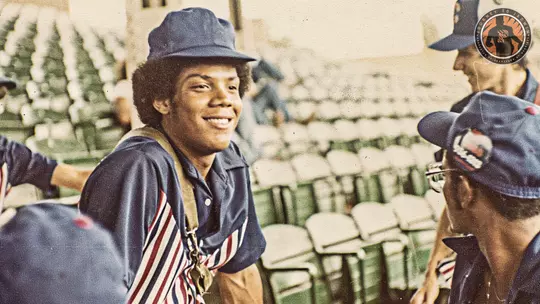
“I sold everything you can imagine from Coke, peanuts, popcorn, pizza, ice cream, beer,” proclaimed Rogers. “It was another one of those things where you made more money if you worked really hard. As I got older, it also prepared me for staying in shape because you’re always walking up and down those stairs carrying heavy items during the summers.”
Rogers was a standout on the basketball court and the baseball diamond at the University of Chicago Laboratory Schools. He credits the father one of his classmates for helping him get a foot in the door at Princeton.
“The best athlete in our school was a guy named Jeff Fish,” said Rogers. “He was a soccer star, a swimmer and a tennis player. His father went to Princeton and he was class of ’55. He knew about me from my athletic success in basketball and some from baseball. He’s the one who started talking to me about Princeton; he wrote the letter to Princeton and helped get that door opened for me. I’ll always be thankful for John Fish because he really did, he was very, very helpful.”
Once Rogers visited Princeton it did not take long for him to feel comfortable.
“I met Coach Carril and felt at home right away,” explained Rogers. “He was just so different and so unique. I had a great host, Bob Slaughter, who was from Rockford, Illinois. He was captain of the team and just got voted into the Illinois State Basketball Hall of Fame.”
Rogers also noticed similarities between Princeton and Hyde Park and appreciated Carril’s unique style.
“I had grown up in this community in Hyde Park which was filled with independent thinkers,” said Rogers. “University community, a special characteristic there."
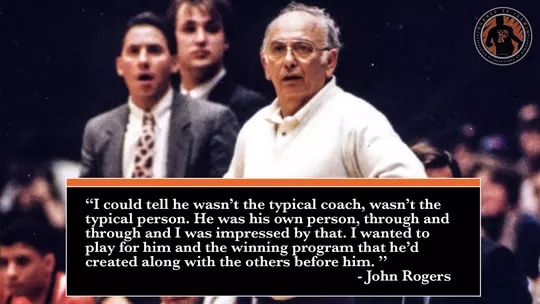
While Rogers would get accepted into Princeton, his spot on the team was not guaranteed. At the time, freshmen were not allowed to play on varsity.
“There’s 15 of us and I’m left on the team," articulated Rogers. “I got my basketball jacket that I’d dreamed of."
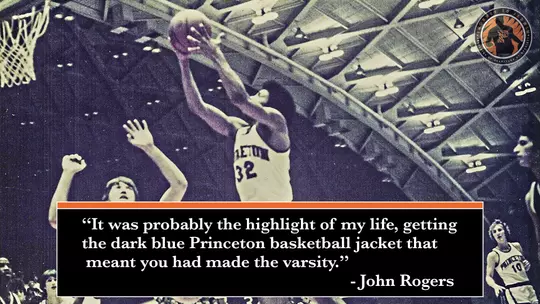
“I couldn’t have been more thrilled. My most important accomplishment was making the team, I so desperately wanted to be on the team and I knew what a special privilege it was to play for Coach Carril, to play and be part of the Princeton basketball family,” said Rogers. "I could tell then it was something magical. The most important thing was getting to be part of that wonderful Princeton family and getting to be coached by this extraordinary coach.”
Through a relentless work ethic, Rogers would work his way up to captain the team his senior year after being called upon to play a larger role on the court late in his junior year.
“We go to Columbia, Alton Byrd, the star guard at Columbia steals the ball right before halftime, dribbles in and makes a layup at the buzzer," explained Rogers. "Coach Carril was furious, we lost the ball, they score at the buzzer and he walks in the locker room and he, as only he can be when he’s unhappy, he’s very unhappy. He turns to me for some odd reason and tells me to take off my warmup suit. It didn’t compete because I had never been asked to take off my warmup suit unless there was less than two minutes left in the game and we were ahead by 30 or down by 30. He says take off your suit Johnny, you’re going to start the second half. It didn’t make sense. I started the second half, played hard then we went to Cornell the next day and he started me for the game. We played hard and I did well. He tells me I’m going to start the last weekend, which was the Brown-Yale weekend.”
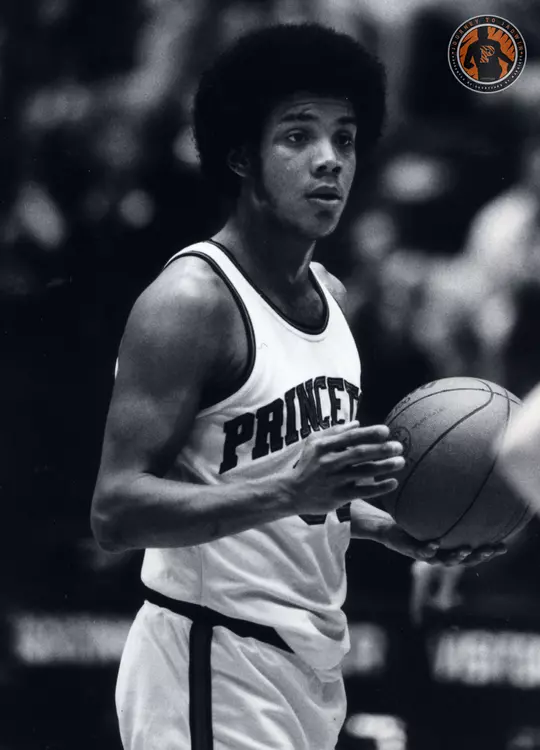
The following weekend was a memorable one for Rogers. His father came and suprised him and he helped lead the Tigers to a pair of Ivy League victories, first scoring 20 points against Brown then 14 against Yale.
“I think it was kind of like a Rudy story,” said Rogers. “I became kind of a fan favorite because I played hard and it worked out. That’s how it led to me getting the start senior year as captain.”
The Tigers went 11-3 in Ivy League play and earned a share of the Ivy League title with Penn his senior year. Rogers had achieved what can only be described as a dream for any college basketball player to conclude his career, captaining his team to a conference title.
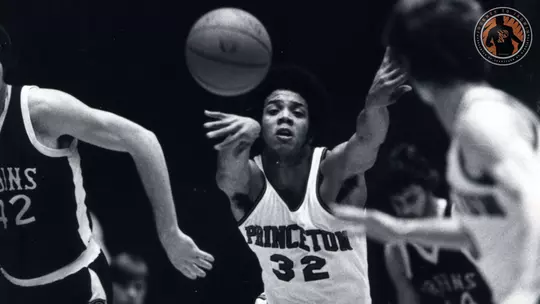
Since graduating, Rogers has amassed an incredible list of accomplishments. He founded Ariel Investments. He was Princeton’s first African-American Woodrow Wilson Award winner. He served on Barack Obama’s inauguration committee in 2009. He is a trustee at the University of Chicago and serves on the executive committees of companies such as Nike, McDonald’s and Aon Corporation.
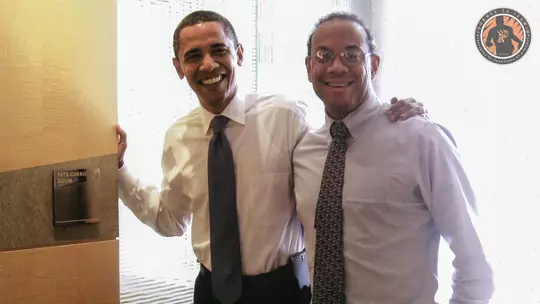
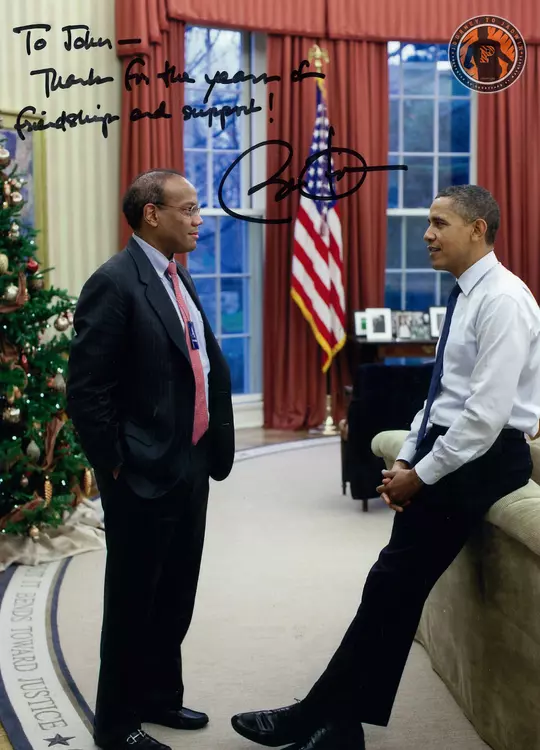
In 1994, Time Magazine listed Rogers as one of its 50 leaders under 40. He is an owner of the Chicago Sky and has been one of the driving forces behind the rise of the 3x3 basketball in the U.S., which is set to debut at the 2021 Olympic Games.
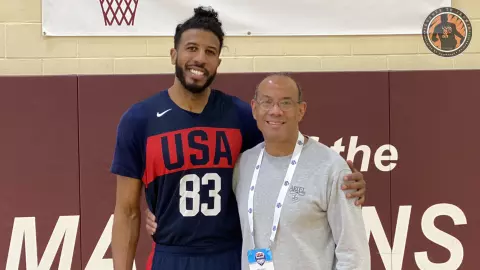
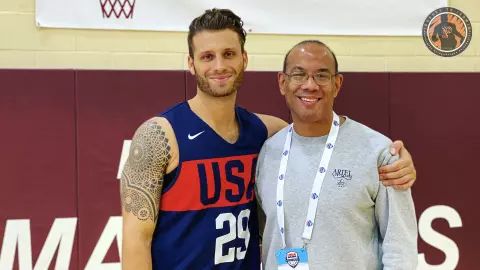
Rogers was always ambitious, but credits Pete Carril for helping push him to the next level both on and off the court.
"Coach Carril changed my life,” said Rogers. “I came to Princeton and was an only child and thought about myself first. He taught better than anyone I’ve ever been around the importance of putting your teammates first. He taught it and I absorbed it; it was just transformative to me. The game became so much more fun and fulfilling, you were thinking about how you could help your teammates at practice and help them at the games. Taking as much pleasure from making the right cut, throwing the right pass or setting the right screen as you did when you scored, it didn’t matter as long as you helped your teammates."
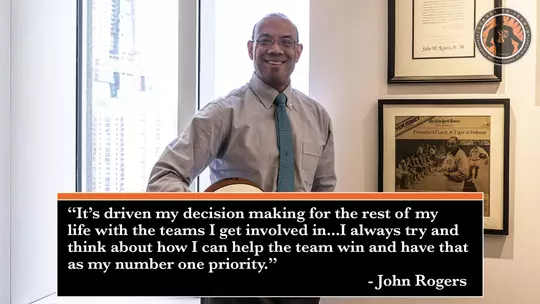
You can connect with the Courtyard Princeton online at Marriott.com well as on Facebook and Instagram.

